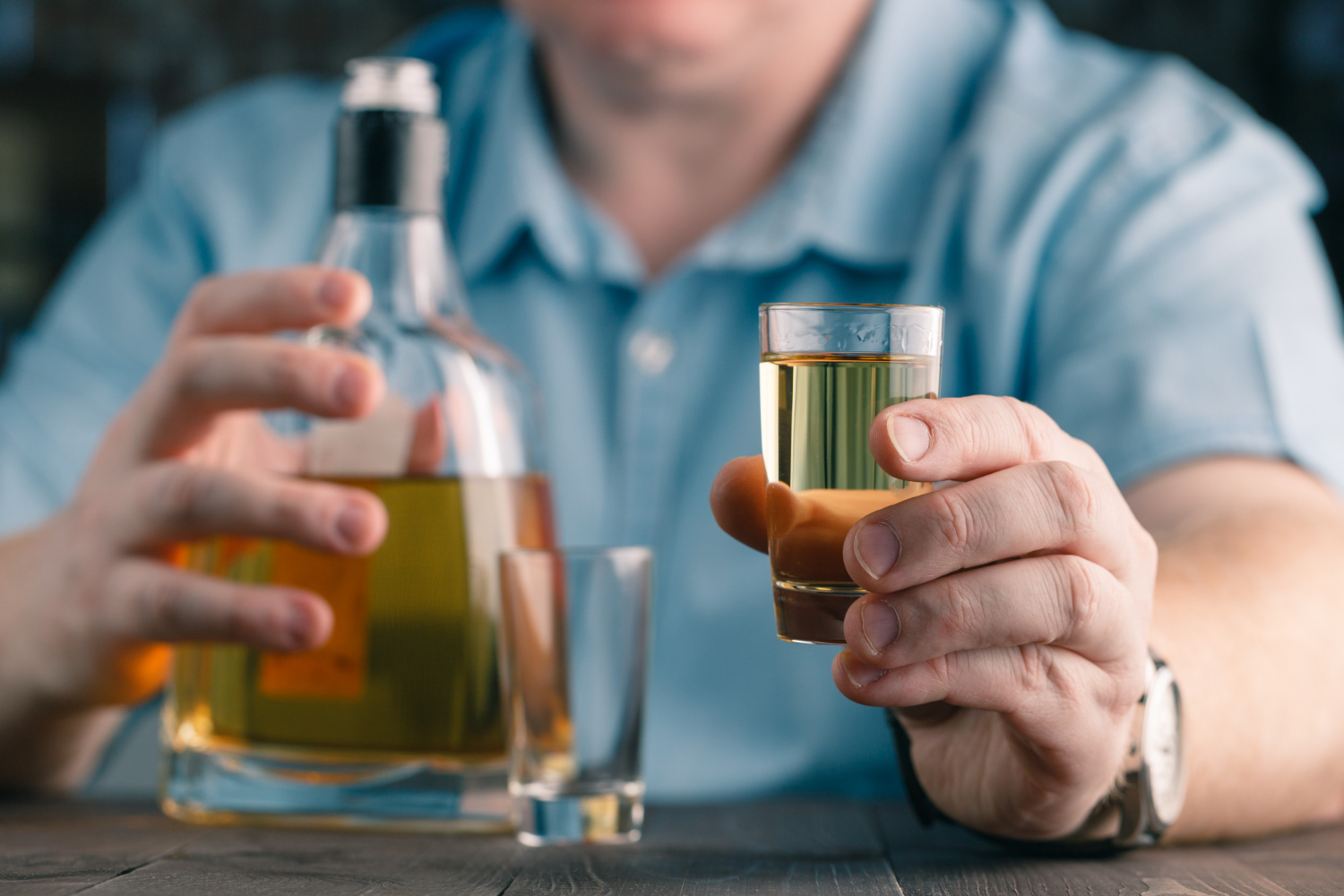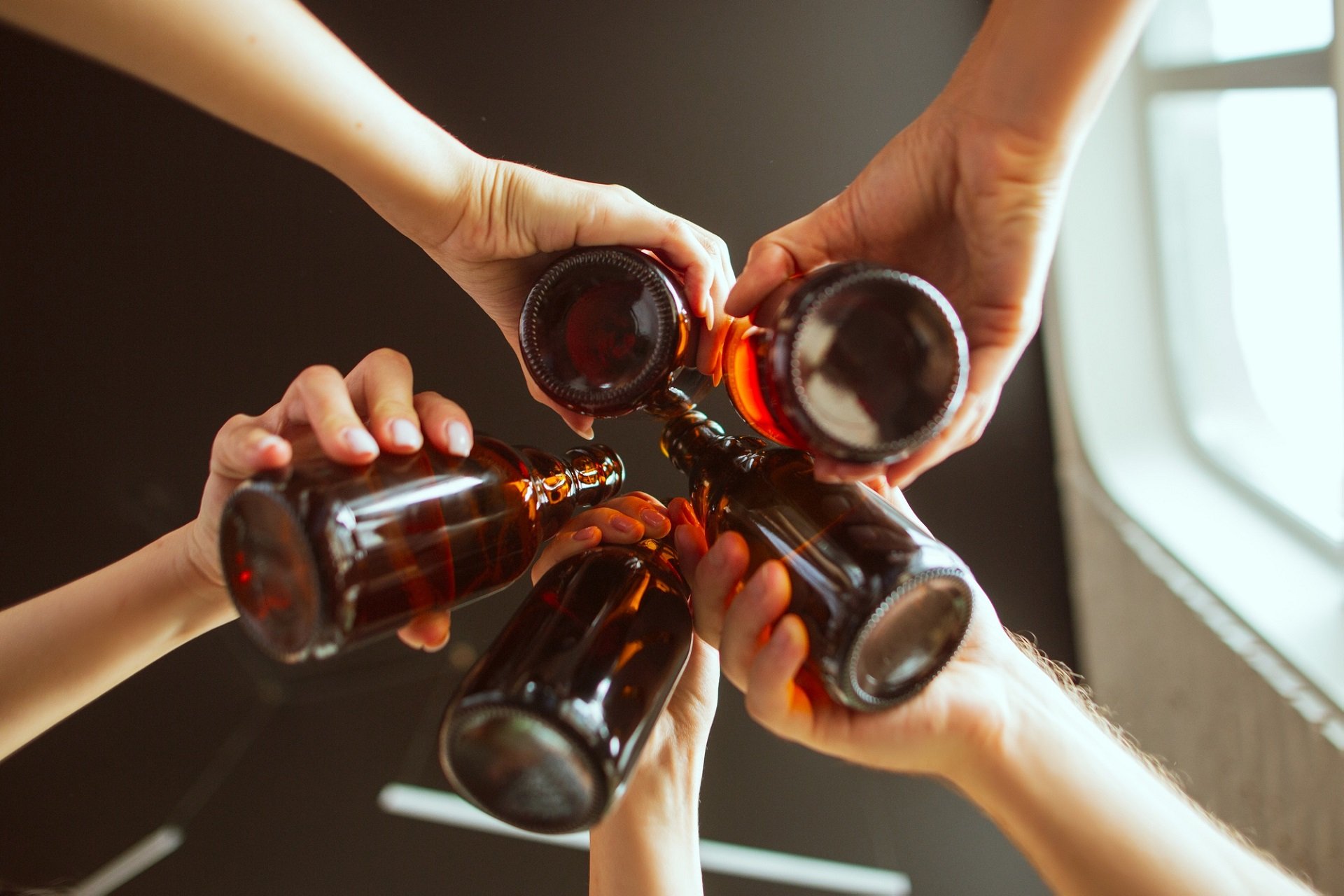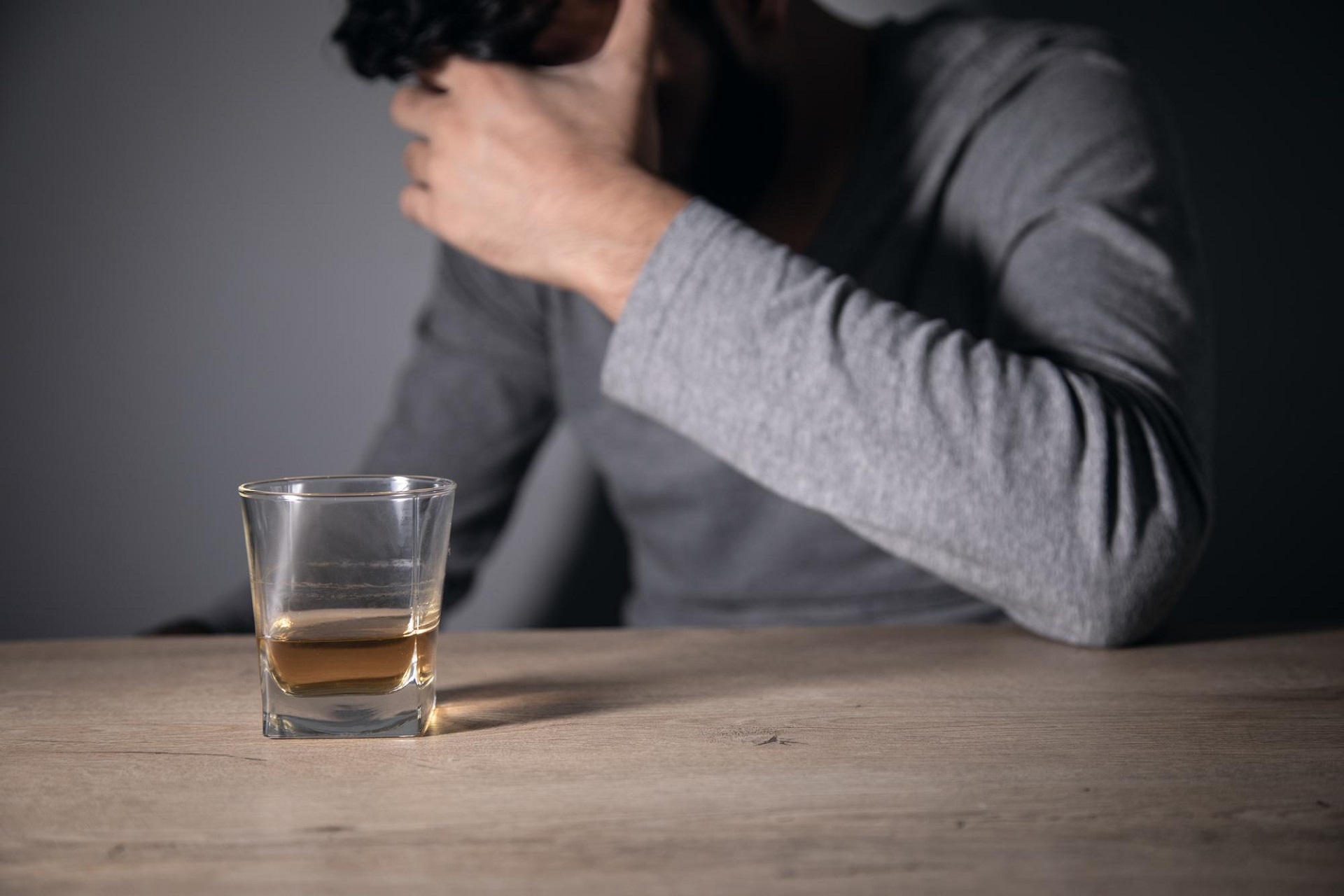Overcoming PTSD and alcohol addiction may appear challenging, but it is possible. Here are some strategies that may help you win over this challenge.
Continue readingRebuilding Your Life After Substance Use: Setting Goals and Moving Forward
Can Cocaine Make You a Better Athlete or Worker?
Cocaine is a highly addictive stimulant drug widely known for its recreational use. It is not uncommon for people to believe that this drug can enhance their performance and make them better athletes or workers. This belief has led to an unfortunate trend of some individuals using cocaine as a means to improve their productivity and gain a competitive edge.
But is there any truth to this belief and can cocaine make you a better athlete or worker? Are there side effects of cocaine use? In this blog, we will explore the facts about cocaine, its effects and discuss its implications and dangers.
What is Cocaine?
Cocaine is known as a highly addictive stimulant drug that is dispersed worldwide. In fact, the National Institute for Drug Addiction Statistics places cocaine it as the second-most trafficked illegal substance consumed globally. However, it also carries a high risk of addiction and a range of negative health consequences. Cocaine has been designated by the Drug Enforcement Administration (DEA) as a Schedule II drug in the United States because of its high potential for misuse and addiction.
According to the most recent statistics, there are approximately 24,486 people died from an overdose involving cocaine. This stimulant poses a significant threat to the life of the users, particularly to athletes and workers.
How does Cocaine affect the Brain and Body?
Several articles, such as Medical News, explain the detrimental effects of cocaine on a person’s performance and health. Most noted that cocaine could increase heart rate and blood pressure, putting athletes at risk of heart attack, stroke, and sudden death. Also, the drug can cause mood swings, aggression, and impaired judgment, negatively impacting a person’s ability to compete at their best.
Additionally, American Addiction Centers (ACA) notes that cocaine abuse over an extended period can result in numerous bodily issues. It is occasionally possible to undo the harm that cocaine consumption has done to the body, but repeated abuse over time may have irreparable consequences on health. Also, treating chronic conditions results in a lifetime of medical issues, hospital and doctor appointments, and financial burdens.
Given the facts about this stimulant, why do some athletes and workers still use it? Now, we will give clarity to the contentious topic of cocaine.
Can Cocaine make you a better Athlete or Worker?
The answer is no. Cocaine cannot make you a better athlete or worker. In fact, using the drug can seriously negatively affect your health and ability to perform. It can temporarily increase your energy, focus, and confidence. But many short-term and long-term effects of cocaine can harm your body and even threaten your life. It can also lead to addiction, further undermining physical and mental health and interfering with work and athletic goals.
Negative effects of Cocaine on Athletic Performance
Cocaine is one of the stimulant drugs that increase energy and alertness. Unfortunately, using this drug can harm an athlete’s health and career in sports. These may include:
Physical Effects: Numerous physical effects are harmful to the body, such as increased heart rate and blood pressure, which can reduce endurance and impair performance. It can also cause dehydration which can lead to fatigue and cramping. It can also disrupt sleep, which is essential for athletic recovery and performance.
Mental Health effects: Cocaine can harm an athlete’s mental health, including anxiety, paranoia, and mood swings, which can interfere with concentration and focus during competition.
Effect on Career: It is important to note that the use of Cocaine is prohibited by the World-Anti Doping Agency (WADA). Athletes who are caught using drugs can face serious consequences, including suspension, disqualification, loss of sponsorship, damage to their reputation, and even legal consequences. The use of the drug violates the ethical principles of fair play and sportsmanship, as well as the rules and regulations of most sports organizations.
Negative effects of Cocaine on Working Professionals
Similarly, some workers may use Cocaine to improve their performance at work, but the risk and dangers of using it in the workplace are consequential. In terms of performance, the use of this drug can have an impact on an individual’s ability to function effectively. Some effects can lead to several problems in the workplace, including:
1. Decreased productivity and work quality
2. Missed deadlines and poor time management
3. Increased absenteeism and tardiness
4. Accidents or injuries due to impaired judgment
5. Conflict with colleagues and superiors
6. Loss of employment due to a drug test or poor performance
7. Impaired judgment, decreased concentration, and increased risk-taking behavior.
Healthy Ways to Improve Your Athletic and Work Performance
There are healthy and legal ways to improve your athletic and work performance. This can be achieved through regular exercise, healthy eating, adequate rest, a good self-care strategy, and seeking professional help if underlying mental health issues are affecting performance. Seeking treatment for cocaine addiction is essential to manage and overcome the problem effectively. Some benefits include improving your physical and mental health and having better relationships with family, friends, and loved ones, which can help reduce relapse.
Using drugs in sports and workplaces is strictly prohibited and carries significant risks to individuals and those around them. Therefore, athletes and workers need to understand the dangers of this stimulant and seek appropriate help if they struggle with addiction or other drug-related issues. It is always best to avoid using drugs and instead focus on healthy habits and training.
Seek Professional Help with California Recovery Center
Seeking help is not shameful, taking the first step toward recovery can be life-changing. If you or someone you know is struggling with cocaine addiction or any other drug, it is important to seek professional help as soon as possible. California Recovery Center is a reputable treatment facility offering evidence-based addiction recovery approaches, including detox, therapy, and ongoing support. Learn more by reaching out to us at (866) 864-1986.
Self-care in Recovery from Substance Use Disorder
Many people think that self-care means taking a bubble bath, getting a massage, or going for a vacation and pampering themselves with a luxurious experience. Some thought that self-care activities would break their banks. Contrary to this, self-care does not require spending much money, as it can be done in simple ways. To answer the question that people are often confused about, what is self-care and why is it essential in the recovery process of substance use disorder?
Here, we’ll discuss how crucial it is to practice self-care in recovery from substance use disorder and give some practical self-care strategies that will be helpful to the process of getting better.
What does self-care mean?
Self-care as defined by the World Health Organization (WHO), is a means of taking the time to do things that help you live well and improve both your physical health and mental health.
Self-care is a process. It involves different activities such as eating healthy, exercising regularly, going to spa sessions, meditating, etc. It also includes spending time with family members and friends in order to create a positive environment around you so that you can get rid of all negative thoughts and emotions which are associated with substance use disorder and help you stay away from any relapse.
How does self-care affect recovery from substance use disorder?
For individuals with a history of substance abuse, self-care becomes even more critical. Substance abuse often leads to feelings of guilt, shame, and low self-esteem, making it even more challenging to care for oneself. However, research also proposes that self-care encourages favorable health outcomes like building resilience, increasing self-awareness, living longer, having better stress management skills, and reducing the risk of recurrence. With self-care, you nurture your mental and physical health so that you reduce your chances of turning to drugs or alcohol to cope.
It’s easy to think of self-care as a luxury. It’s not—it’s absolutely a necessity
In fact, studies have shown that people who engage in regular self-care are more likely to stick with their recovery programs and stay sober for longer periods of time. That’s why rehab facilities often encourage their patients to find ways to take care of themselves during treatment.
If you are worried that practicing self-care will break the bank, then it’s time to reverse the old perceptions. Here are some practical tips on taking a time off without spending a dime and prioritizing yourself:
- Break off from a disruptive lifestyle
- Halt activities that stress you,
- Learn to say no to people that might make your recovery more difficult.
- Get enough sleep and rest
- Eat healthy food with balanced nutrition
- Exercise regularly, whether just walking, consistently jogging, or going to a gym
- Avoid anything that might trigger cravings for drugs or alcohol, such as parties that involves binge drinking.
- Set aside time for relaxation—whether that’s reading a book or meditating
- Catching up with friends every week
- Being open to talking about your problems or struggles.
When you’re feeling good about yourself, you’re more likely to be able to reach out for help when you need it and accept help when it is offered. You’ll also have the energy necessary to stay on track with treatment goals like staying sober or abstaining from drugs and alcohol.
How do you make time for self-care?
There are so many things competing for your attention: your job, your family, your friends… what about yourself?
It can seem overwhelming at first. But it’s really just about making small changes. Here are some self-care ideas that can help you manage your time for yourself without compromising your activities:
1) Take some time every day to recharge on your own—even if it’s only a couple of minutes at first! Set the alarm on your phone and sit quietly by yourself (maybe with a cup of tea). Or go outside and breathe deeply while looking up at the sky or listening to birds chirping. You might even want to try meditating or doing yoga! Just give yourself permission to take this time for yourself—you deserve it!
2) Schedule some fun activities into your week or month ahead of time—things like going out. It is better to plan ahead so that your primary commitments won’t be compromised. Also, scheduling your activities can give you a detailed plan ahead and time to prepare. It is also a way of rewarding yourself with a break from the busy hustle of life.
3) Having someone to accompany or remind you of your scheduled activities is a great help. You can lean on people you trust and spend time with them.
4) Allow yourself to dive into the process of self-care. It doesn’t happen all at once, but a consistent effort to do it. Give yourself time to go through the long-term experience of self-care and not hurry up.
So why is self-care important?
Individuals with substance use disorder tend to neglect themselves and do things that can harm them, and often neglect the importance of self-care. When recovering from substance use disorder, it can be hard to remember how to take care of yourself. You may not feel like you deserve it, or you may be so focused on getting better that you don’t have time to think about your own needs. But taking time off and practicing self-care in recovery from substance use disorder is crucial if you want to get better and stay sober
In order to be able to function and thrive, you need to take some time for yourself. You need to nourish your body and mind so that you can make better decisions, have more energy, and feel more confident about yourself in every area of your life.
Practice self-care with California Recovery Center
Make a habit of incorporating self-care into your lifestyle and be kind to yourself. Individuals may interpret and practice this according to their preferences and need, which is why it is important to be more attuned to yourself. You may not be struggling with addiction, but if you know someone that needs treatment, reach out to us. At California Recovery Center, we integrate self-care into our program for a comprehensive journey to recovery. Learn more by reaching out to us at (866) 864-1986.












